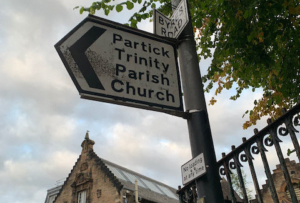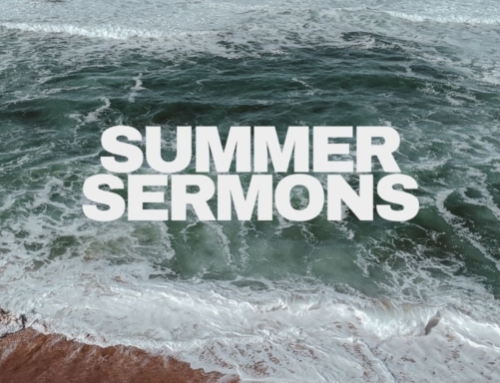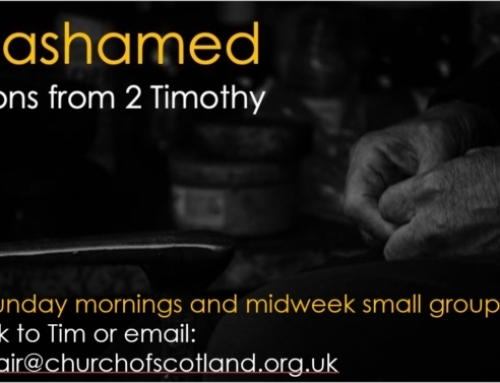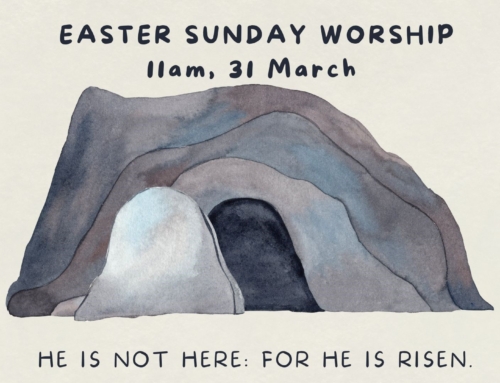Elders: Scripture, leadership, and the the church
Who is in charge here? If you ask that question at Partick Trinity, various answers may suggest themselves to you: the minister, the oldest, the loudest, the busiest, that committee, the presbytery, the Church of Scotland, or nobody! The bible is clear there is only one full and proper answer to that question: Jesus Christ is in charge of his church. If we imagine the church as a building, he is the foundation; if a flock of sheep, he is the shepherd; if a body, with all its various parts, he is the head. Jesus is servant-hearted rather than self-serving, trusting rather than controlling, and inviting others to take on responsibility and play their part. From the calling of the first disciples onwards (‘Follow me!’), Christ invites men and women to lead and serve, using gifts that he has given, to build up his church.
Our church has a structure that is an imperfect attempt to respond to the pattern set out in the bible. In the New Testament, we see that the church has a plurality of leaders (we use the term elders, who together comprise the ‘Kirk Session’) set aside in response to God’s calling and gifting and charged with overseeing the life and doctrine of the congregation. In simple terms, the elders are a group of leaders who, along with the minister (the ‘teaching elder’), are responsible for the spiritual and practical aspects of Church life. This includes the responsibilities that come with being a trustee of a charity (ensuring that we do things properly, in line with church law and the law of the land) and, more significantly, a call to watch over the people of God. A shepherd knows and serves the sheep in their care, protecting them from what might hinder or harm, providing them with what will nourish and sustain them, and leading them so that they can flourish. In a similar vein, elders are tasked with being in and amongst our church family, offering a lead, practical and spiritual help, looking out for the spiritual well-being of our church family from youngest to oldest. It is quite a task: not always easy, sometimes costly, and not for everyone.
Scripture, leadership, and the church
Throughout the Bible, we find examples, both positive and negative, of leadership as well as explicit teaching on leadership. The emphasis falls on character (who leaders are) rather than capability (what leaders can do or deliver). It is also made clear that no one is ever promoted beyond being a follower of Jesus. We look to Jesus and his attitude and example: listening to God and depending upon him, serving, and suffering for others, and so on. In the passage quoted below, Jesus draws a contrast between the structures of power and influence in the culture of his day and the call upon his own life and the lives of those who follow him.
Jesus called [the disciples] together and said, ‘You know that those who are regarded as rulers of the Gentiles lord it over them, and their high officials exercise authority over them. Not so with you. Instead, whoever wants to become great among you must be your servant, and whoever wants to be first must be slave of all. For even the Son of Man did not come to be served, but to serve, and to give his life as a ransom for many.’ – Mark 10:42-45
Christian service can take many forms and is often unseen and unglamorous. For those who are set apart to serve as elders, there is a particular responsibility to oversee the whole church family. This involves being open to others, taking time to build and maintain relationships, listening, encouraging, praying and being attentive to what God is saying, what is happening within our church family, and community. In practical terms, there are decisions to make, activities to organise, and responsibilities relating to safeguarding, finance and the use of our buildings.
New Elders for Partick Trinity?
Recently, two elders have (cheerfully!) resigned from the Kirk Session, expressing their desire to step aside to allow others to bring fresh energy, ideas and perspective. Both contributed a huge amount to our Session and will be missed. The Session has decided that this is an opportune moment to ask the question: are there people in our congregation who might be called and gifted to serve as elders
Appointing elders is the responsibility of the existing Session but, as in the past, we want to involve the whole congregation as we consider who (if anyone) God might be preparing for this role in the life of our church.
To this end, the Session would like to encourage everyone to consider prayerfully, who might serve in this capacity. Please submit suggestions (ideally in writing), to our Minister, Tim, by 30th September.
Tim’s email address is tsinclair@churchofscotland.org.uk







